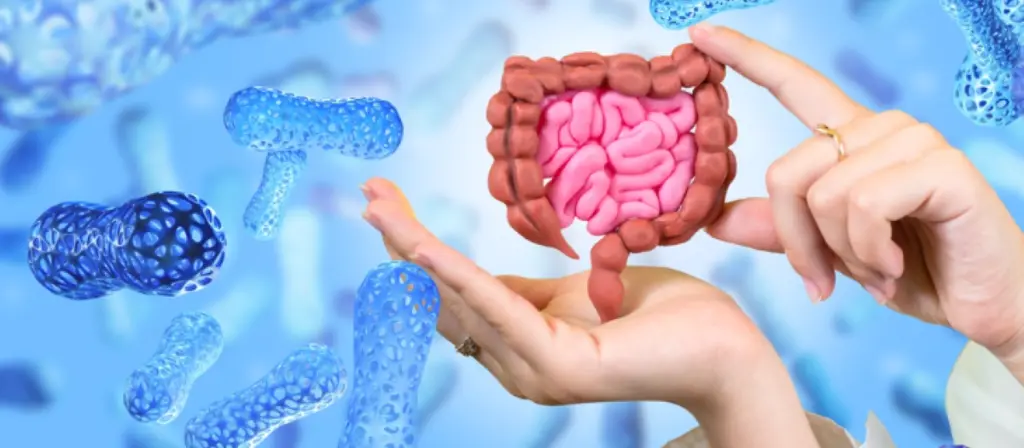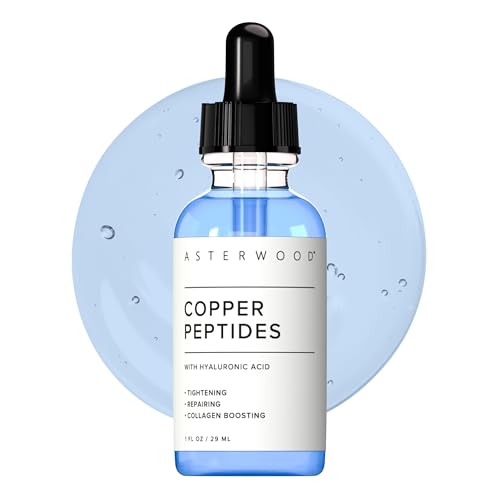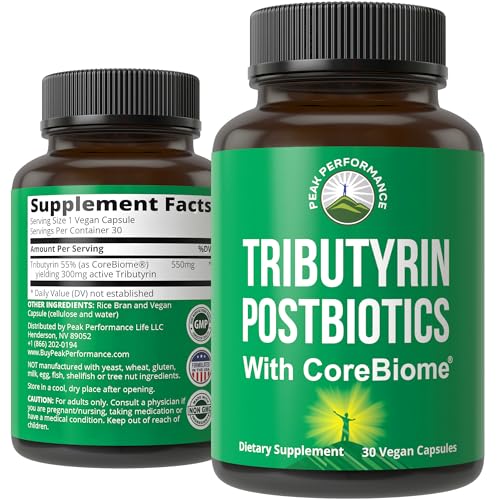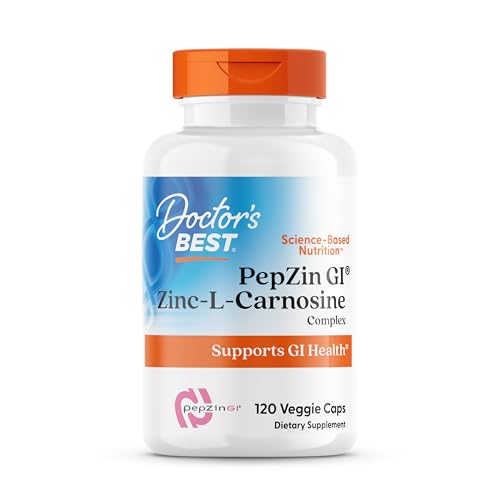If you're struggling with ongoing gut health issues, you're not alone. Many people over 30 notice that injuries or digestive problems don't heal as quickly as they used to. The body's natural regeneration system, a remarkable process that repairs tissue and rebuilds damaged organs, often slows down with ageing. This decline can lead to chronic inflammation, leaky gut, and persistent discomfort. Fortunately, specific peptides can act as signals to kickstart cellular repair and support gut regeneration. Let's explore how these powerful compounds can help you heal your gut lining and reverse tissue damage in just weeks.
Understanding Gut Regeneration and Its Challenges
The concept of regeneration in biology refers to the body's ability to restore damaged tissues or organs. In the context of gut health, this process is vital for maintaining the intestinal mucosal barrier, which protects against harmful substances. However, as we age, the signals that drive regeneration weaken, leading to slower healing from injury or conditions like gastric ulcers. Research from the National Library of Medicine highlights that ageing impacts the gut microbiota, further complicating recovery (pmc.ncbi.nlm.nih.gov).
Peptides: The Key to Unlocking Cellular Repair
Peptides are short chains of amino acids that act as messengers in the body, triggering specific responses like tissue repair. For gut health, they can stimulate healing processes that have stalled due to age or chronic issues. Their bioavailability, or how well the body absorbs and uses them, is crucial for effectiveness. Studies show peptides play a significant role in reducing inflammation and supporting recovery (pmc.ncbi.nlm.nih.gov).
BPC-157: Accelerating Intestinal Healing
One of the most promising peptides for gut regeneration is BPC-157, often dosed at 1000mcg. This compound speeds up intestinal healing by promoting angiogenesis, the formation of new blood vessels to deliver nutrients to damaged tissues. It's particularly effective for healing gastric ulcers, as noted in scientific reviews (pmc.ncbi.nlm.nih.gov). If you're dealing with persistent gut lining damage, BPC-157 could be a game-changer.
KPV: Tackling Gut Inflammation
Inflammation is a major barrier to gut health, often worsening conditions like leaky gut. KPV, typically used at 500mcg, is a peptide known for its anti-inflammatory properties. By calming irritation in the digestive tract, it helps create an environment where healing can occur. This aligns with findings on inflammation's role in gut disorders (pmc.ncbi.nlm.nih.gov).
N-Acetyl Larazotide: Sealing Leaky Gut with Tight Junctions
Leaky gut, where the intestinal barrier becomes permeable, allows toxins and bacteria to enter the bloodstream, causing widespread issues. N-Acetyl Larazotide, at a 500mcg dose, works by strengthening tight junctions, the protein structures that keep the gut lining intact. This peptide is essential for anyone looking to restore their intestinal mucosal barrier and prevent further damage.
GHK-Cu: Boosting Collagen for Gut Lining Strength
Collagen is a critical component of tissue structure, and GHK-Cu, dosed at 2mg, stimulates its production in the gut lining. This peptide supports the repair of damaged areas, reinforcing the barrier that protects your digestive system. Its role in cellular repair makes it a valuable tool for those seeking to rebuild after injury or chronic conditions.
Asterwood Copper Peptides Serum for Face - with GHK-Cu and Hyaluronic Acid - Anti-Aging Facial Serum - 1 Fl Oz
Revitalize Your Skin: Asterwood's Copper Peptides Serum with Hyaluronic Acid combines the rejuvenating power of copper peptides and the hydrating benefits of hyaluronic acid to deliver visible results.
Advanced Skin Renewal: Copper Tripeptide-1 GHK-Cu is a powerful anti-aging ingredient known for promoting collagen and elastin production, which helps to improve skin firmness and reduce the appearance of fine lines and wrinkles.
Intense Hydration: Hyaluronic acid, an ingredient known for its excellent hydration properties, helps reduce the appearance of fine lines and wrinkles and maintains the skin's moisture barrier, providing long-lasting moisture and plumpness.
Lightweight Formula: Absorbs quickly and easily without leaving any residue, making it perfect for daily use and suitable for all skin types.
Gentle and Vegan: Free from irritants, no sulfates, parabens, or phthalates, ensuring a gentle application that won’t cause irritation or dryness. Cruelty-free.
View on AmazonTributyrin: Feeding the Gut Lining for Recovery
Tributyrin, often taken at 400mg, serves as a direct energy source for the cells lining your gut. By nourishing these cells, it supports the regeneration process and helps maintain a healthy gut microbiota. This compound is especially useful for individuals recovering from long-term digestive stress or injury.
CoreBiome Tributyrin Postbiotic Supplement Clinically Tested For Gut Health. More Effective than Sodium Butyrate Capsules. High Bioavailability Post Biotics For Digestive, Leaky Gut, Colon, Microbiome
Don’t be fooled by flashy and questionably cheap postbiotic digestive supplements. Not all postbiotic capsules are created equal. Many of these have no clinical studies to back them up. With Tributyrin (as patented CoreBiome ), clinical studies show significantly boosted f. prausnitzii and anaerostipes, two butyrates producing healthy bacteria.
Also, not all Butyrate Postbiotics are the same either. The more common sodium butyrate has questionable efficacy failing to reach the colon where it is most needed. Peak Performance Tributyrin CoreBiome is the “better butyrate” for gut health. A clinical study showed CoreBiome achieves bioavailability in the colon.
What does this mean? Peak Performance CoreBiome Tributyrin Postbiotics is the definitive postbiotic capsule supplement. CoreBiome has Tributyrin 55% Extract and backed by clinical studies, it supports immune health by promoting a healthy microbiome, supports balanced flora, helps support gut and digestive, gastrointestinal health and intestinal walls.
Allergy Free - Free of Soy, Milk, Egg, Shellfish, Corn, Wheat & Peanuts. Contains NO Gluten or Preservatives. Manufactured Under The Highest Quality GMP Regulations and USA Standards.
1-For-1 Donation Match Program! Through our 1-for-1 partnership with the nonprofit Vitamin Angels, every purchase provides a child at risk of malnutrition with vitamins for a full year. To date we have helped over 3 million children through this partnership, so thank you for supporting this mission.
View on AmazonZinc L-Carnosine: Repairing the Mucosal Membrane
The mucosal membrane is your gut's first line of defense, and Zinc L-Carnosine, at 100mg, excels at repairing it. This combination protects and heals the delicate lining, reducing discomfort and aiding overall gut health. It's a practical addition for anyone dealing with ongoing irritation or damage from conditions like gastric ulcers.
Doctor's Best PepZin GI, Zinc-L-Carnosine Complex for Men & Women - Zinc Carnosine Supplement Caps for Gut Health, Digestive Support, & Stomach Comfort, Vegan, Gluten Free - 120 Veg Capsules
PEPZIN GI ZINC-L-CARNOSINE: This formula combines 75 mg of zinc and L-carnosine to support healthy digestive function, ease occasional gastric discomfort, and promote overall stomach comfort
SUPPLEMENT FOR GUT HEALTH: PepZin GI supports healthy mucus secretion and helps maintain digestive balance for smooth gastrointestinal function and digestion throughout the day
DIGESTIVE SUPPORT FORMULA: This unique zinc-L-carnosine complex may support the natural repair & maintenance of the stomach lining, ease occasional digestive discomfort, & promote overall gut comfort
QUALITY VEGGIE CAPSULES: Each serving delivers natural nutrition in vegan, gluten-free, soy-free, and non-GMO capsules, providing a safe and effective option for adults seeking digestive support
DOCTOR'S BEST: Good nutrition starts with sound science. For over 35 years, we have been dedicated to providing only thoroughly researched, rigorously tested, and clinically-approved supplements
View on AmazonEmpowering Your Gut Health Journey
Your body's regeneration system is powerful, but it often needs a boost, especially after 30 when natural healing signals weaken. Peptides like BPC-157, KPV, and others offer a targeted way to support gut regeneration, reduce inflammation, and repair tissue damage in weeks. By addressing issues like leaky gut, poor angiogenesis, and weakened tight junctions, these compounds can help restore balance to your digestive system. Always consult with a healthcare professional before starting any new regimen, but know that solutions are within reach. Take the first step toward better gut health today by exploring these options and understanding how they can work for you.



